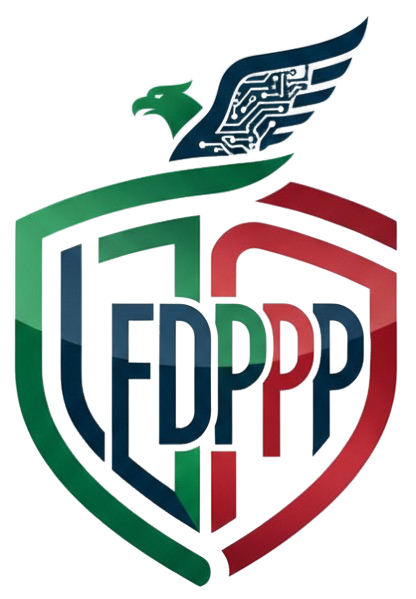Compliance & Security
Data privacy is our priority. We implement a redundant and secure architecture to protect critical clinical information.
Our Security Principles
We design our technology with redundancy and data protection at its core.
Data Protection
We align with LFPDPPP (Mexico) for the responsible, ethical, and legal handling of sensitive personal data.
Multi-Cloud Architecture
Our infrastructure operates redundantly across AWS and GCP, ensuring high availability and resilience against failures.
Activity Logs
We maintain detailed records (logs) of access and modifications to ensure data integrity and traceability.
Regulatory Framework
We follow digital health industry best practices:

LFPDPPP Mexico
Compliance with the Federal Law on Protection of Personal Data Held by Private Parties.

HIPAA Alignment
We adopt standard industry guidelines for health data security and privacy.

GDPR Practices
We apply international principles such as the right to be forgotten and data minimization.

Information Security
Our internal processes follow controls based on security management standards.
Platform Security
Advanced technical and organizational measures protecting your information every day.
Data Encryption
Your information travels securely via standard protocols (TLS/SSL) and is encrypted at rest.
Immutable Backups
We generate unalterable, geographically distributed backups (Multi-Cloud) for disaster recovery.
Access Control
Role-Based Access Control (RBAC) to ensure only authorized personnel access data.
Secure Development
We apply software engineering best practices to minimize risks in our code.
Bioethics Training (CITI)
All staff are certified by the CITI Program in 'Data or Specimens Only Research' for ethical data handling.